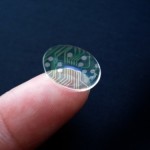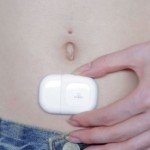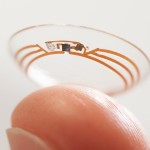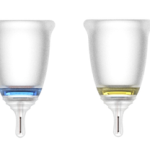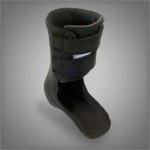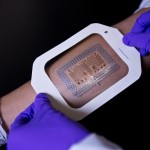An English hospital is working on a project that uses wearables to predict when kids may be about to have a medical crisis. Isansys Lifecare, Ltd. is the technological power behind a revolutionary project at Birmingham (England) Children’s Hospital that has the potential to save a lot of young lives. Project RAPID (Real-Time Adaptive & Predictive Indicator of … [Read more...]
Intel Introduces “Wearable Smart Gateway” for First Responders
It seems like an obvious market opportunity: body-worn technology and first responders. Turns out, though, that the first-response industry is extremely demanding and conservative. It spends limited taxpayer money, procurement cycles are long and competitive (and not-infrequently clubby), interconnectivity is a must, and system failures can literally cost lives. Civilians … [Read more...]
FDA Asks for Comments About Wearable Tech in Trials
One of the promises of wearable tech has been the possibility of making wearers' data available for clinical trials. There are have been about a million obstacles to that goal. A recent two-day seminar at the New York Academy of Sciences discussed this very issue, with opinions ranging from "it's too complex so it'll never happen" to "here's how we're doing it today." But … [Read more...]
Bionic Eyes Are Smiling
What would you say to better than 20/20 vision, without having to worry about glasses or contacts—ever? Now what would you say to having a lens implanted in your eye? Dr. Garth Webb, a Canadian optometrist, and founder and CEO of Ocumetics Technology Corp., thinks he can do away not only with corrective lens, but also with cataracts. He and his team have developed the … [Read more...]
Toilet Training the World
Everything is getting smarter: running gear, watches, jewelry, fashion, you name it. Now from Japan, there's a smart device that reminds you to do what bears do in the woods. Dfree is a device from the Japanese company Triple W that fits (or sticks) on your underwear and warns you when you are going to need to get to a bathroom. "This device predicts faecal excretion. The … [Read more...]
Itsy-Bitsy Solar Panel to Power New Google Lens
First smart glasses, now smart contact lenses? How are they going to get all that info on something the size of your thumbnail? Not to mention using solar power? Google thinks it can be done. The company has been granted a design patent for a wearable communication device shaped like a contact lens, including sensors, memory and a microprocessor. Power would be provided by … [Read more...]
Women and Wearables: Not Always a Good Match
Wired designated 2015 as “the year wearables will stop being so ugly,” which might be a sign that the industry is taking the distaff side of the marketplace more seriously. For a lot of women, the issue isn’t ugly but too big, too clunky on smaller wrists and frame, which is, well, ugly and awkward. And some health and fitness devices don’t take women’s unique health issues … [Read more...]
Sensoria, Orthotics Giant Partner to Prevent Falls
Medical professionals will tell you that patient noncompliance is one of the main reasons treatments and medication don’t work as well as expected. Obviously, doctors have to depend patient reports to determine whether the patient is using a drug or other therapy correctly, and just as obviously, not every patient is going to tell the whole truth. This may be truer of orthotics … [Read more...]
Wearables to Reduce Infant Mortality
WAAA! (wearable, anytime, anywhere, APGAR), a finalist in UNICEF’s Wearables for Good challenge, is designed to help newborns all over the world, especially the 40 million who are born without medical people attending them. APGAR (Appearance, Pulse, Grimace, Activity, Respiration) is the first test a newborn gets. WAAA! is a silicon band with a sensor module that measures a … [Read more...]
Mass Producing Medical Patches
You track your exercise program with electronic bracelets and watches. Why not track your health with an electronic patch? Nicotine and pain medication dermal patches have been a boon to a lot of us. Now it looks as if medical patches can go electronic, and electronic medical patches just take a giant step forward thanks to some researchers at The University of Texas in … [Read more...]


